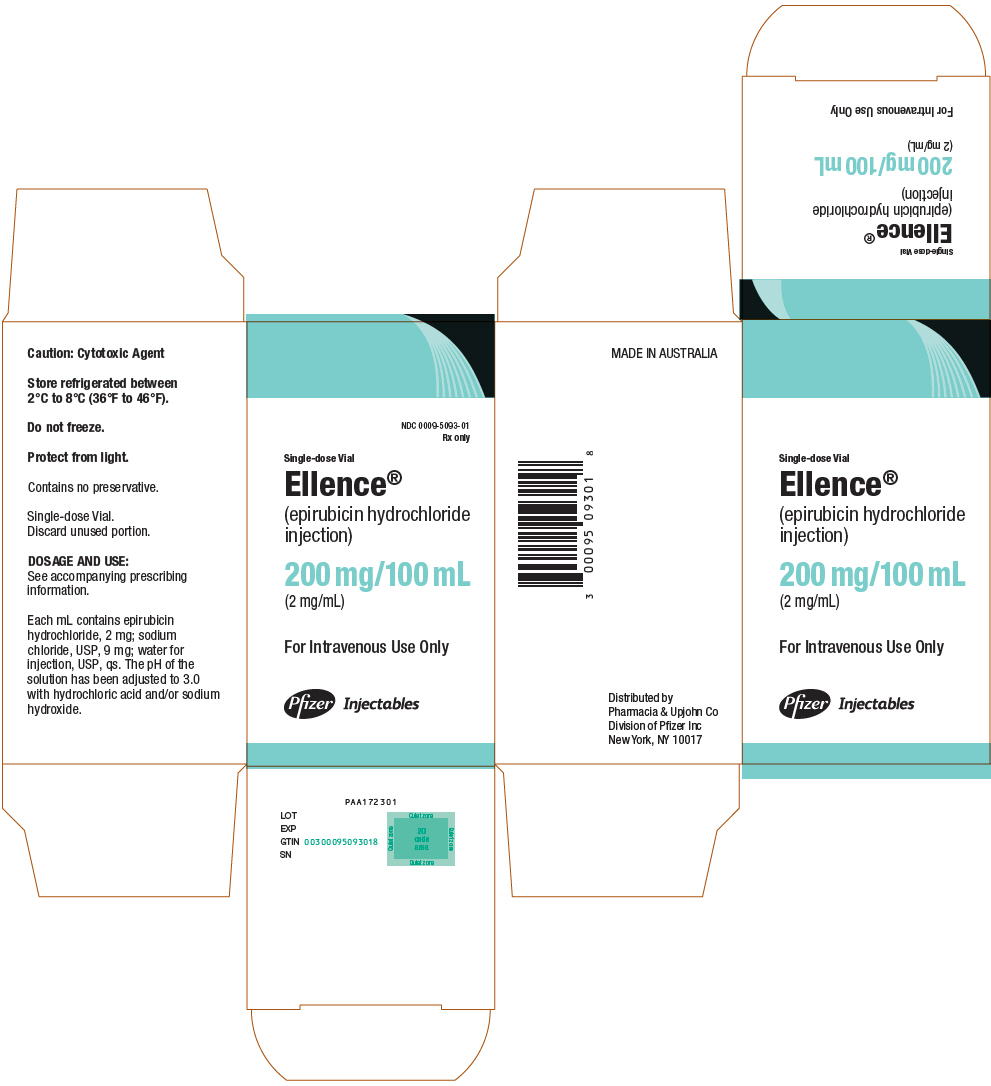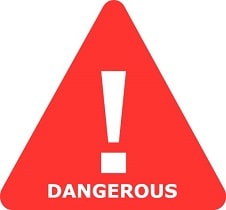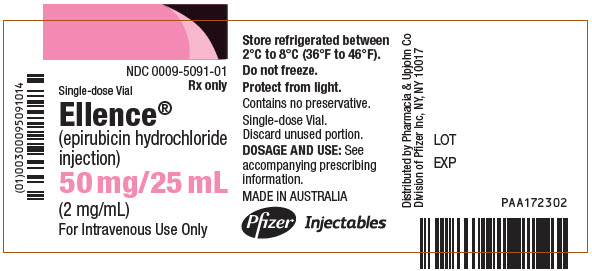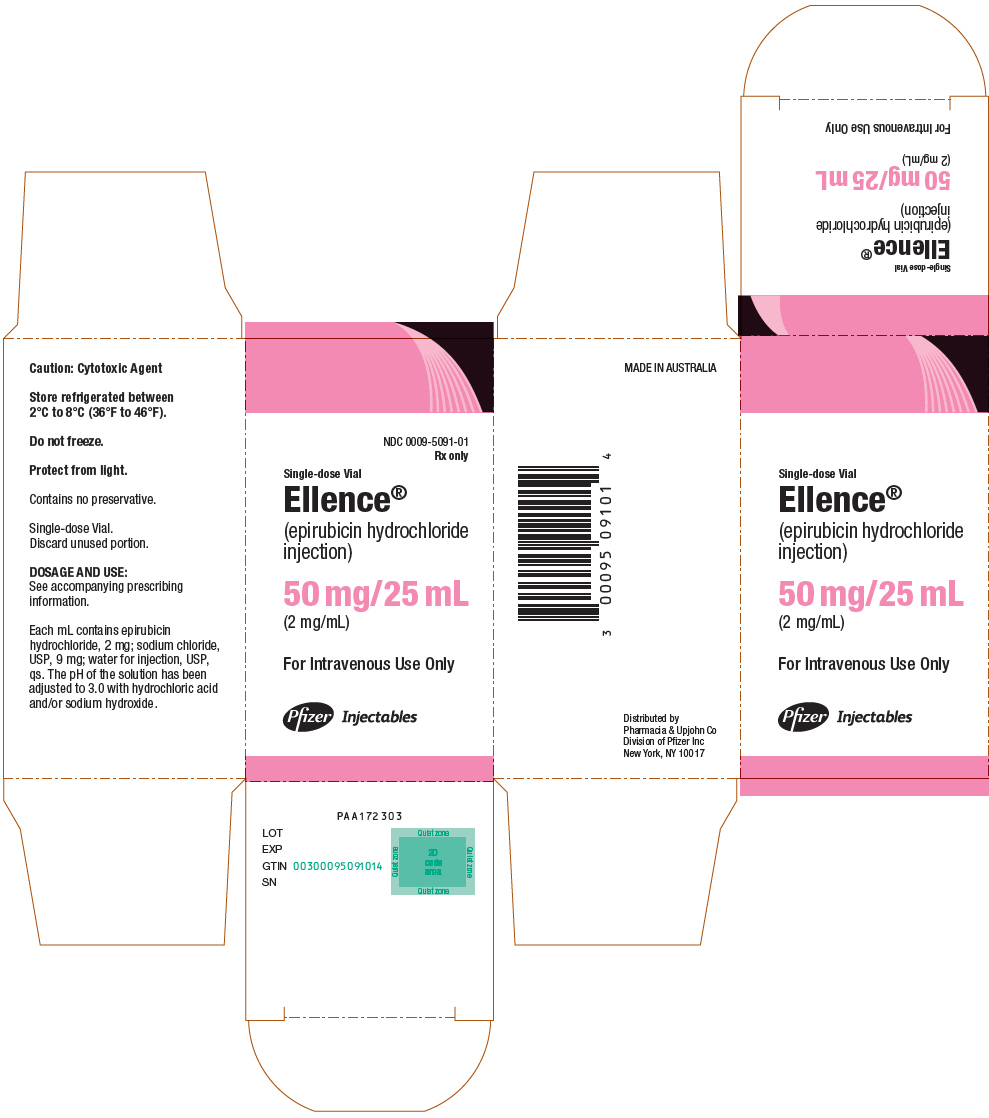Ellence | Epirubicin Hydrochloride Injection while Breastfeeding

What is Ellence | Epirubicin Hydrochloride Injection used for?
I am currently breastfeeding and I want to know if using Ellence | Epirubicin Hydrochloride Injection is safe for my kid? Does it have any effect on milk production?

Ellence | Epirubicin Hydrochloride Injection Breastfeeding Analsys
Epirubicin hydrochloride while Breastfeeding
DangerousCAS Number: 56390-09-1

Epirubicin is an antineoplastic from the anthracycline family, with actions similar to doxorubicin but with fewer toxic effects. Since the last update we have not found published data on its excretion in breast milk. Although it has a high volume of distribution, the remaining pharmacokinetic data (not very high molecular weight and protein binding, high pKa and long half-life) make it probable that it will pass into breast milk in quantities that could be significant, as has been seen in another drug from the same therapeutic group, Doxorubicin. Given its serious side effects (cardiotoxicity and myelotoxicity) (Tjuljandin 1990) it is prudent to discontinue breastfeeding during the period in which the drug is still in the mother's body. When possible, detection in the milk of each patient to determine the total elimination of the drug would be the best indicator for resuming breastfeeding between two rounds of chemotherapy. It is known via Pharmacokinetics that after 3 elimination half-lives (T½) 87.5% of the drug is eliminated from the body; after 4 T½ 94%, after 5 T½ 96.9%, after 6 T½ 98.4% and after 7 T½ 99%. Plasma drug concentrations in the body are negligible after 7 T½. In general, a period of five half-lives may be considered a safe waiting period to return to breastfeeding (Anderson 2016). Expert authors recommend waiting 7 to 10 days (between 5 and 7 T½) after the last dose to restart breastfeeding. Meanwhile, express and discard breast milk regularly (Hale 2017 p.330). There may be an increase in the mean half-life in patients with impaired hepatic function (Twelves 1992) or in co-administration with other medication such as paclitaxel (Danesi 2002), docetaxel or dexverapamil (AEMPS 2017, BC Cancer 2017). In these cases, the safety time of interruption of breastfeeding would be increased. Some chemotherapeutics with antibiotic effects may alter the composition of the microbiota (combination of bacteria or bacterial flora) of the milk and the concentration of some of its components (Urbaniak 2014). This possibly occurs briefly with later recovery, with no harmful effects being reported in breastfed infants.

I am nursing mother and I have already used Ellence | Epirubicin Hydrochloride Injection, what should I do?
You should immediately inform your health care provider about Ellence | Epirubicin Hydrochloride Injection usage and your breastfeeding interval after usage of
My health care provider has asked me to use Ellence | Epirubicin Hydrochloride Injection, what to do?
Please double check with your doctor if he is aware of your breastfeeding stratus, Ask your doctor if there is any safe alternative of Ellence | Epirubicin Hydrochloride Injection. Check with your doctor if you shall temporally stop breastfeeding. You may go for second opinion as well. Still after all of this if your doctor still recommends Ellence | Epirubicin Hydrochloride Injection then go for it as they have access on more detailed medical and scientific information and they understand your individual medical situation much better.
If I am using Ellence | Epirubicin Hydrochloride Injection, will my baby need extra monitoring?
Extreme level of monitoring required as Ellence | Epirubicin Hydrochloride Injection could be dangerous for kid.
Who can I talk to if I have questions about usage of Ellence | Epirubicin Hydrochloride Injection in breastfeeding?
US
National Womens Health and Breastfeeding Helpline: 800-994-9662 (TDD 888-220-5446) 9 a.m. and 6 p.m. ET, Monday through Friday
UK
National Breastfeeding Helpline: 0300-100-0212 9.30am to 9.30pm, daily
Association of Breastfeeding Mothers: 0300-330-5453
La Leche League: 0345-120-2918
The Breastfeeding Network supporter line in Bengali and Sylheti: 0300-456-2421
National Childbirth Trust (NCT): 0300-330-0700
Australia
National Breastfeeding Helpline: 1800-686-268 24 hours a day, 7 days a week
Canada
Telehealth Ontario for breastfeeding: 1-866-797-0000 24 hours a day, 7 days a week
